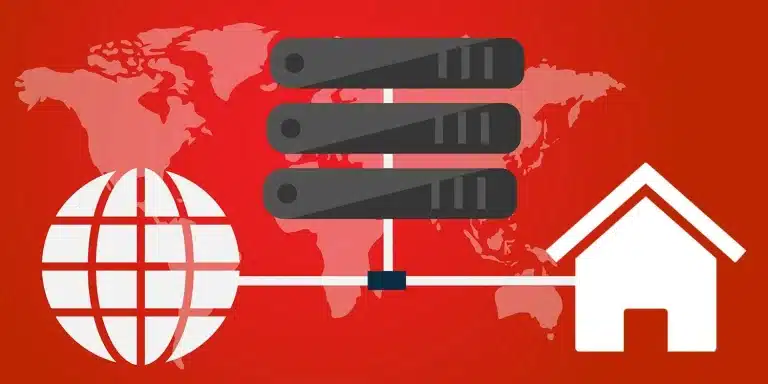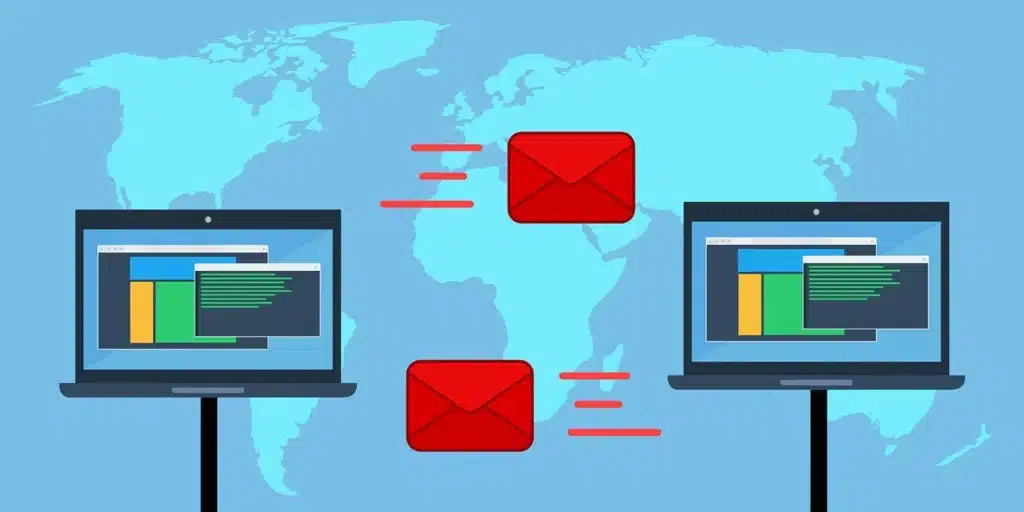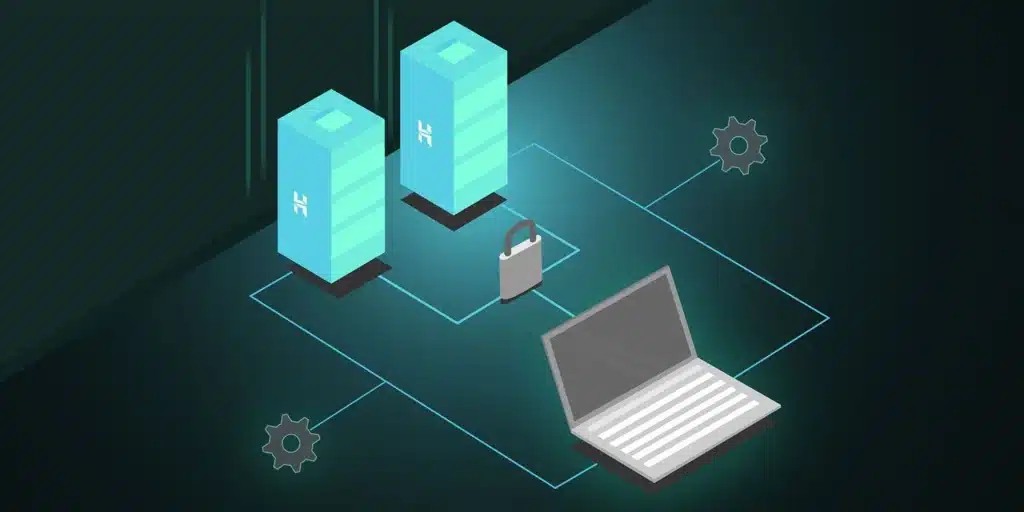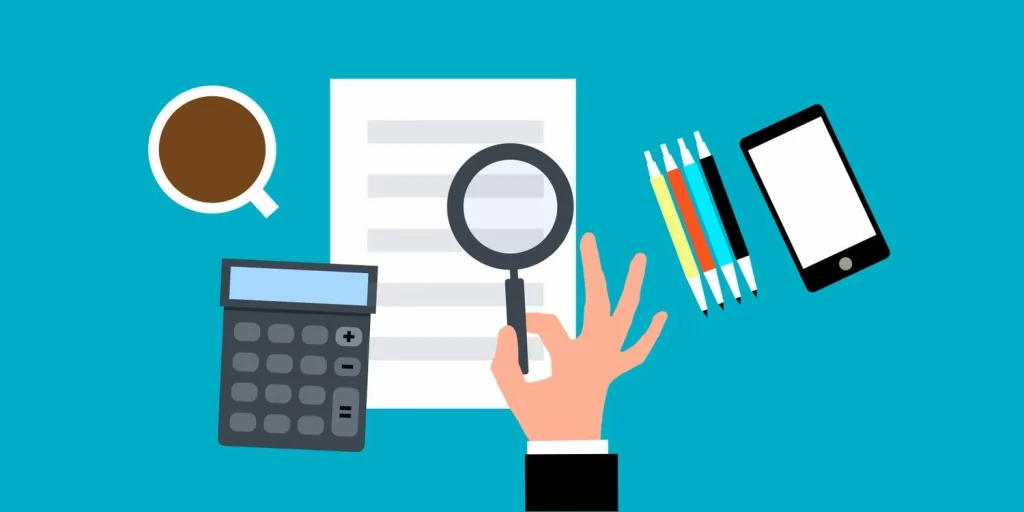VPNs have been popular in recent years as a way to unblock geo-restricted material, but the proxy service is still used today as its forerunner. To mask your address, modify the position of a website, or harvest information from the database, using a proxy may be a time-saving and effective way to get these jobs done. But many sites are obviously aware of this and have blacklisted various proxies, so this technique is not new.
This is when a residential proxy enters the equation. ‘ Let’s take a closer look at residential proxy servers and how they function.
Data Center vs. Residential Proxy Servers
Many individuals, businesses, and organisations rely on data centre proxy servers because they are quick and dependable. Nevertheless, many firms have prohibited connection to various data centre proxies because they don’t appreciate their data being stolen. Checking at the IP addresses that are connecting to their network gives them this information.
As a result, they’ll identify and ban domains that seem to be skimming information by viewing a large number of sites at a high rate of speed. Most data centre proxies are also fake, implying they don’t relate to a particular machine, location, or ISP. These fake IP addresses are visible to most large firms, so they can quickly ban entry.
For instance, Amazon has previously disabled the whole subspace of several proxy servers because it doesn’t wish its information to be snatched. The firm will soon disable the service you’re utilising if you can identify a data centre proxy server that nonetheless has a connection to Amazon. A home proxy server has the benefit of using IP addresses which most corporations don’t ban.
To avoid accusations from Internet service providers (ISPs) that their consumers can’t reach key sites like Amazon, they should not restrict broad swaths of residential users.
How Residential Proxies Work
Residential proxies networks, in addition to employing a genuine IP address that is linked to an actual laptop or home location, may also employ dozens, if not thousands, of different IP addresses. The effect is that every time you try to link up to your destination site, a system in a separate place will initiate the connectivity attempt.
In other words, any demand for information from a computer in the world will arrive from a separate place. To avoid roadblocks and misleading data, use this method to effectively acquire the data you want.
Appropriate, moral, and respectable applications for residential proxy servers exist. Whereas most people won’t require one, you may at least communicate your connection with organisations, universities, and experts that need to avoid certain internet limits. It’s possible you’ll be rewarded for your efforts sometimes.




